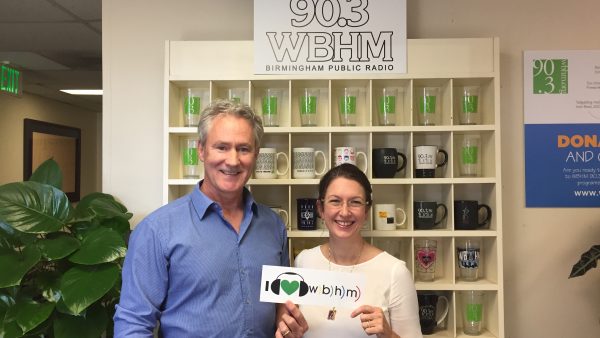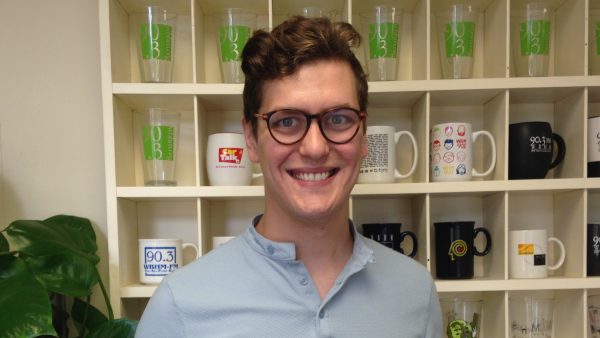It’s Just a Letter, but It Matters
It was a normal Friday afternoon for WBHM’s Andrew Yeager when an email popped up in his inbox.
It was from Camila Domonoske, a reporter with NPR in Washington. She was working on an obituary and had a quick question for Andrew. She explained her story was related to a piece he did a few years ago. There was a person from the civil rights era named Mary who was part of both stories. But in Camila’s research, she saw it spelled “Mary” in some places and “Mari” in other.
“And so I emailed and just basically sent a Hail Mary, no pun intended, can you help me figure this one out?” says Camila.
Andrew didn’t have an answer so he found his original interview and looked through old emails and notes. It was all part of figuring out, was it Mary with an “I” or Mary with a “Y?”
This kind of checking and double checking is at the core of what happens at WBHM and NPR.
“You have to be really vigilant about checking even things that seem like they shouldn’t have to be checked,” says Camila. “Everything has to be checked. If your details are wrong that’s what you build a story out of. It’s just important to be right.”
WBHM and NPR reporters work hard to be right. To earn your trust by offering accurate information. Even down to a single letter.
But this is a human endeavor and mistakes can slip through. Listeners and readers aren’t shy about letting us know.
“It was a Saturday afternoon and my dad called,” says Camila. “Just said I’d made a typo and wanted to make sure I knew. And then, you know, thanks. Hung up. Emailed. Got it fixed. That was the extent of the phone call.”
Journalism meets classic “dad” behavior.
So on this question about Mary’s name, Andrew and Camila looked at court records and oral histories. It’s definitely Mary with a “Y.” Camila even called the woman’s daughter to be extra sure.
The one thing that’s not clear is why that mix up in the first place.
“I’m not sure why that happened,” says Camila. “Heaven knows I’ve made typos before, so, at some point I think somebody made a mistake that then just got repeated.”
Maybe they should have double checked it first.
If you value this kind of hard work and attention to detail, pledge your support for WBHM.
Why I Support WBHM: Christina Ochsenbauer
Dr. Christina Ochsenbauer says, “I’m originally from Germany and now I live in Homewood, for the past 20 years. I discovered WBHM when I came here from Europe, and I […]
Why I Support WBHM: John Kappes
Dr. John Kappes says, “I’m originally from the Cincinnati, Ohio area and I’ve been in Birmingham for 30 years. I used to drive down 280, and there were a lot […]
Why I Support WBHM: Ryan Jones
Ryan Jones grew up in Hoover but he travels the world regularly, and he says, “I work a lot outside of Alabama … I’ve had to go to different places […]
Why I Support WBHM: Catherine Mayo
Catherine Mayo of Birmingham says, “I have three children, six, eight, and nine. I turn WBHM on around seven o’clock in the morning and it’s usually still playing until seven […]
Why I Support WBHM: Jacob Long
Birmingham resident Jacob Long started listening to WBHM for one simple reason: he wanted to learn more about the 2016 presidential primary. “I wanted to know what was going on […]





